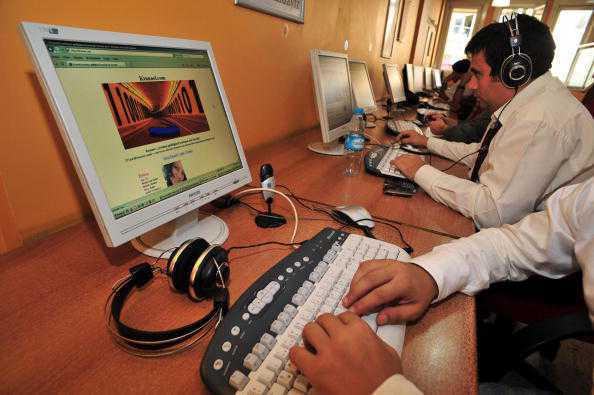
For some reason, Turkey, which boasts one of the most educated and technologically savvy populations in the region, has had a particularly hard time addressing internet freedom. In a country that boasts of its capacity to serve as a model of democracy in the Middle East, freedom of expression on the internet has been a long-standing problem; the Turkish government’s instinct has consistently been to apply broad, clumsy bans on any content that might possibly be objectionable.
It is part of a more general problem of creeping censorship. The Turkish press, as discussed in previous posts, has come under increased pressure. In recent years, Turkey has been particularly aggressive in attempting to police radio and television for “undermining the morality of minors.” Sex and the City II, for example, was banned from cable television because its representation of gay marriage was deemed dangerous to the Turkish family. Tobacco smoking villains in the famous cartoon TinTin similarly resulted in fines from the ever watchful – and humorless – eyes of Turkish bureaucrats. The result has been a media culture that has increasingly engaged in self-censorship to avoid fines and possible closure.
The Turkish government has been equally zealous in its policing of the internet. Youtube has been banned repeatedly, and for years at a time. The ban was implemented so clumsily that other Google-owned sites were banned as well. After a copyright complaint, Google’s blogging site, Blogspot, which hosts thousands of individual blogging sites, has similarly been banned. Tens of thousands of internet sites are currently banned in Turkey. Most recently, the popular website satirical website, Sourtimes, which has almost two hundred thousand views per day, has been targeted. Satire, apparently, is a dangerous thing in Turkey.
The situation seems likely to get worse before it gets better. Turkish government regulators plan to institute mandatory systems that will automatically filter web content starting August 22. The Telecommunications Directorate has produced a list of 138 “illegal words” that cannot be used on websites. Thus, a Turkish website devoted to “hot jazz” would run afoul of the law (“hot” is banned) as would domain names with terms like gay, confidential, confession, local, or blonde. Presumably, the bureaucrats at the directorate were not aware of the irony when they also banned the word “free.”
For good reason Turkish internet users fear “the death of the internet” and a continuation of the sort of creeping cultural repression that has been seen elsewhere. Media savvy Turks have already begun a web-based protest movement. The question is whether anybody will be able to access it after August 22.
via Internet Freedom in Turkey: System Error | Human Rights Now – Amnesty International USA Blog.